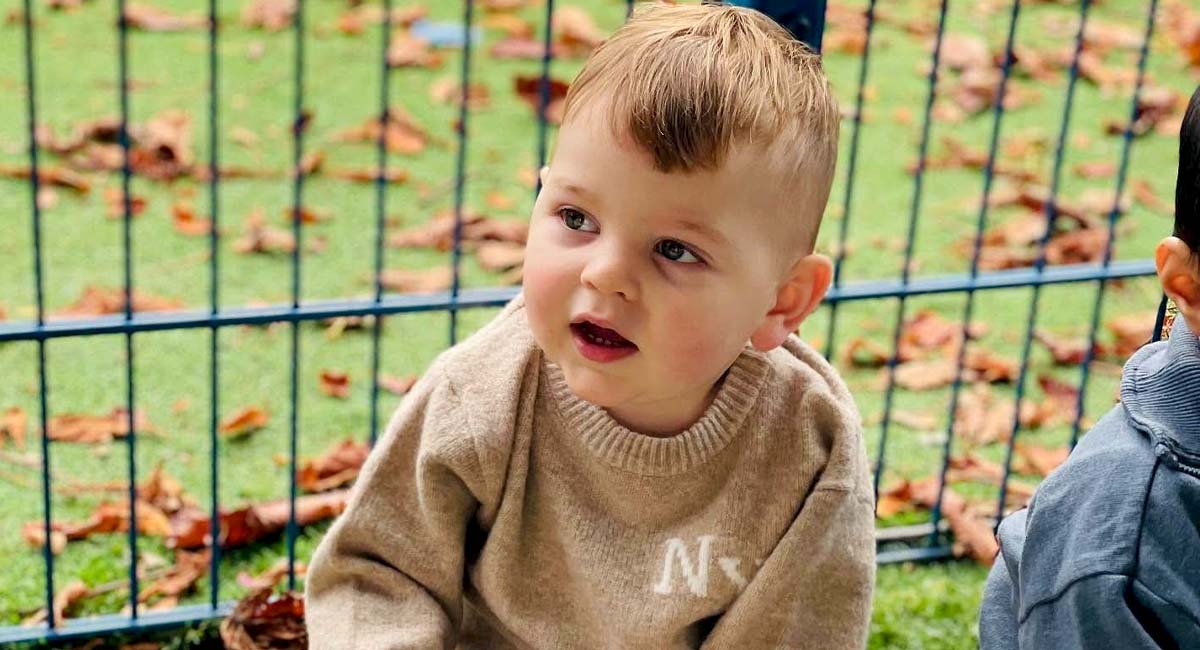The Benefits of Interactive Games for Baby Development
Welcoming a baby is like opening a brand new world of discovery—every day brings fresh sights, sounds, and connections. Many parents wonder: “Do I need fancy toys or gadgets to help my child learn?” The answer is: not at all. Some of the most powerful developmental opportunities happen through simple, responsive, interactive games—those everyday moments when you look, sing, play peekaboo, or mirror their expressions.
At WMB Childcare, we believe in making every moment count. Our trained staff weave play into daily routines, responding to each baby’s cues to support their development. In this post, we’ll explore why interactive play is essential, how to use it at different ages, and how WMB integrates it in our settings so your child continues to grow even when they’re with us.
1. Why Interactive Play Matters (The Science Behind It)
From the very first days of life, babies learn through interaction. Every coo, smile, and shared glance builds important connections in the brain, laying the foundation for language, movement, and emotional wellbeing. Interactive play isn’t just fun—it’s science in action.
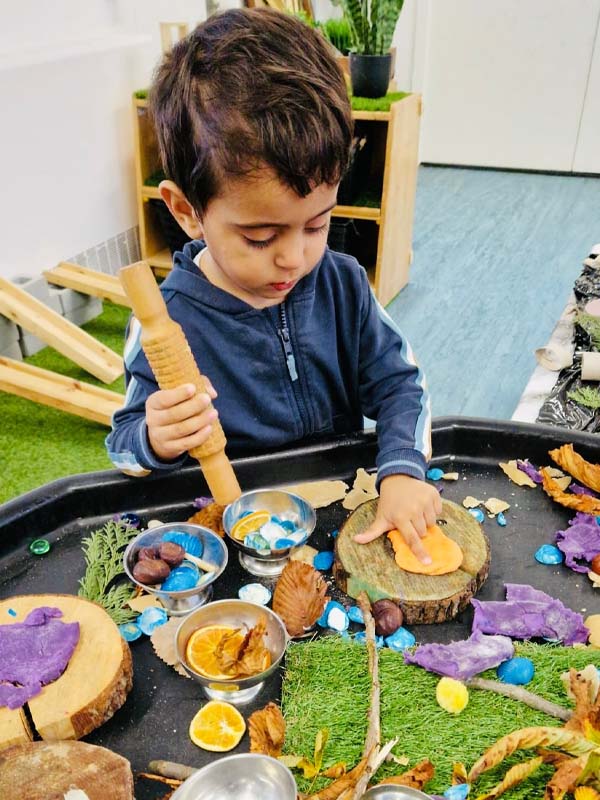
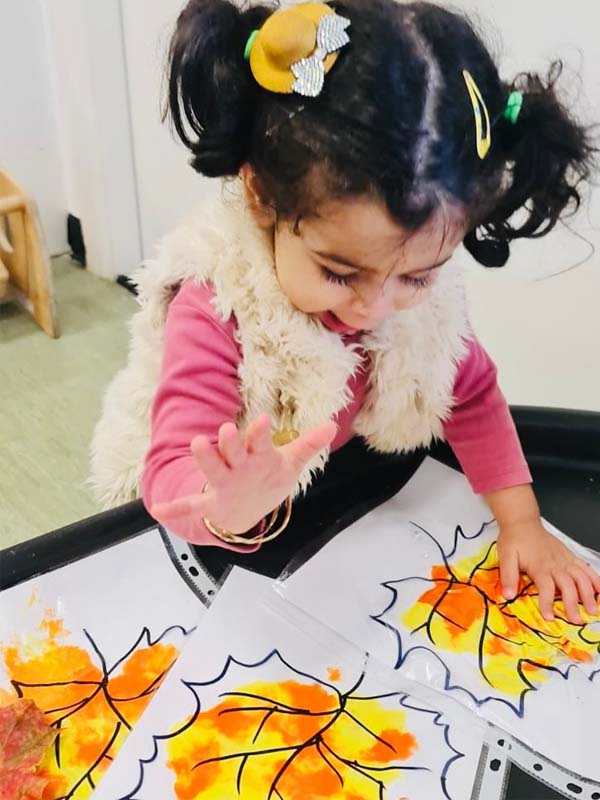
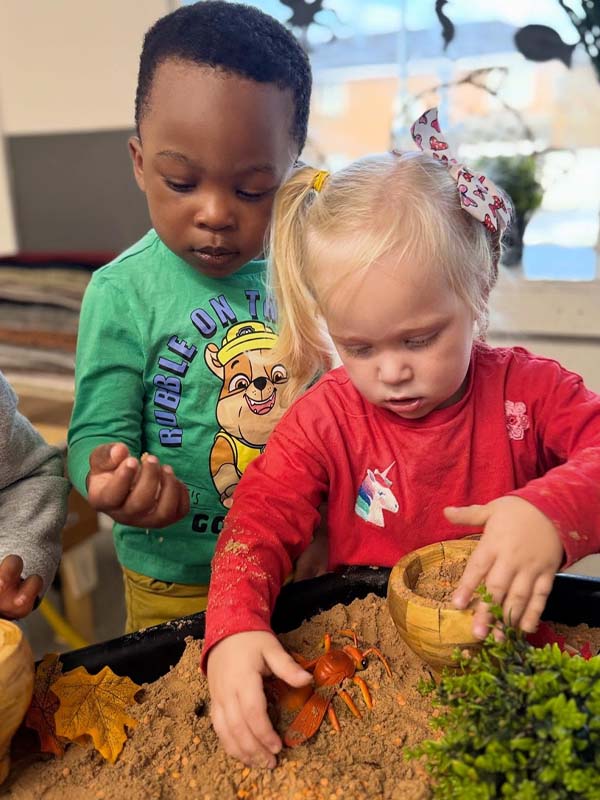
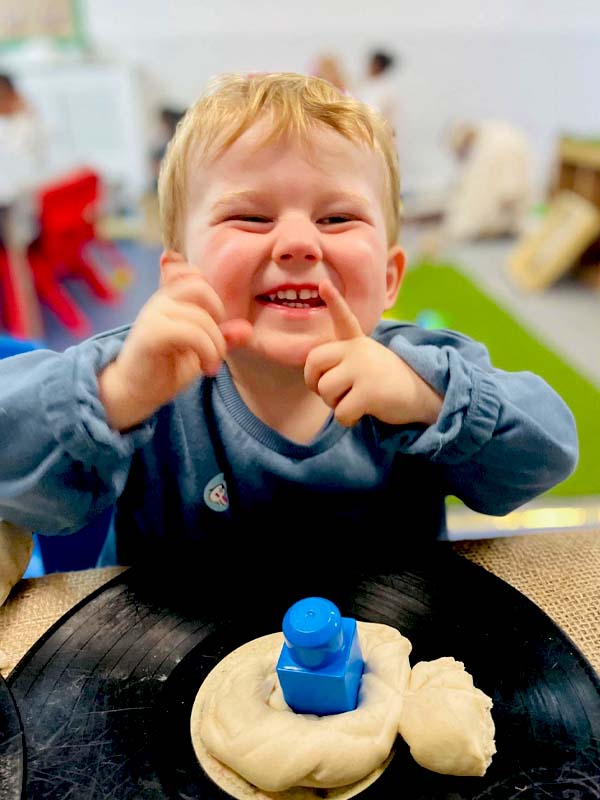
Building the Brain: Serve & Return
From birth, infants’ brains are highly plastic and responsive. The concept of serve and return—where a baby “serves” by showing interest (crying, cooing, reaching) and a caregiver “returns” by responding—forms the foundation of healthy neural circuits. These back-and-forth interactions strengthen social, emotional, and cognitive pathways. (Harvard’s Center on the Developing Child describes this as “brain building” in action.)
Language and Communication Foundations
When you speak, sing, or narrate what’s happening, you expose your baby to the rhythms and patterns of speech. This helps them attune to sounds, intonation, and eventually vocabulary. In fact, early responsive talk and naming during play contribute significantly to later language outcomes. Research even shows how caregiver utterances during play shape toddlers’ ability to recognise and categorise visual objects.
Motor, Cognitive and Emotional Growth
Interactive play supports:
✔️ Motor skills — tummy time, reaching, rolling, crawling.
✔️ Cognitive skills — cause/effect, memory, problem solving (e.g. hiding and finding).
✔️ Social-emotional skills — turn-taking, expressions, self-regulation, trust.
Play is widely recognised as central in early learning frameworks (e.g. Birth to 5 Matters in the UK) because it helps children explore, test boundaries, and develop persistence and agency.
Supporting Holistic Development in Early Years Settings
In childcare and nursery settings, integrating interactive, responsive play is not optional—it’s essential. The Early Years Foundation Stage (EYFS) framework demands that care and learning are closely aligned, especially in prime areas (communication, physical development, personal/social, emotional).
Wikipedia
Research also emphasises that childcare educators who provide warm, responsive interactions positively influence children’s language, attention, and resilience.
2. Interactive Play Ideas by Age
Below are tried-and-tested game ideas you can use at home or adapt to your setting.
0–3 Months: Gentle, Short, Responsive Moments
✔️ Tummy time face-to-face: Lay your baby on their tummy and lie opposite them. Use high-contrast cards or simple shapes to move slowly across their view.
✔️ Mirroring & facial games: Copy their coos, expressions, and mouth movements. Babies love a “conversation.”
✔️ Soft sound peekaboo: Use your hands, a scarf, or a soft cloth—even partially cover your face and reappear. Use quiet, soothing sounds.
These moments may last only a minute or two—but repetition and responsiveness matter more than duration.
3–6 Months: Expanding Interaction & Movement
✔️ Soft rolling objects: Roll a soft toy or cloth ball just within their view. Pause so they can anticipate or reach.
✔️ Musical pairs: Sing a short song and pause, inviting them to “reply.” Use clapping or gentle percussion to vary rhythm.
✔️Sensory reach: Suspend soft ribbons or textured fabrics from a mobile or low frame; let them bat or touch with support.
6–9 Months: Exploring Cause & Effect
✔️ Hide-and-reveal: Place a toy partly under a cloth, reveal it, and encourage anticipation.
✔️ Rattle turns: Shake a rattle, then stop. Wait for them to “ask” for more (with gesture or sound), then resume.
✔️ Stacking with soft cups: Let them build a small tower and help knock it down: early lessons in spatial awareness.
9–12+ Months: More Agency & Complexity
✔️ Treasure baskets outdoors: Offer safe objects (wooden spoon, leaf, silicone cup) to explore textures, sounds, and movement.
✔️ Point-and-name walks: As you stroll, point to birds, cars, trees, animals—describe, pause, let them “respond.”
✔️ Mini obstacle path: Cushion ramps, tunnels, or boxes to climb through—supporting gross motor exploration.
Toddler & Beyond: Play Gets Richer
✔️ Pretend games: Role-play routines (feeding, shop, doctor).
✔️ Simple games: “Simon Says,” “I Spy,” hide-and-seek with objects.
✔️ Loose parts play: Safe random items (boxes, fabrics, blocks) let creativity flourish.
Also, the NHS encourages using everyday items you already have and embedding play in routines like bath time or mealtimes.
3. Tips for Parents: Make Play Work in Real Life
✔️ Short and sweet: 1–3 minutes is fine. Frequent mini interludes add up.
✔️ Follow your baby’s lead: If they look away or fuss, pause. If they lean in, extend.
✔️ Narrate routines: Even diaper changes or washing hands can be playful narration moments.
✔️ Use everyday objects: No need for fancy toys—pots, spoons, scarves are perfect.
✔️ Stay present: Put your phone aside and be responsive. Your engagement is the magic.
4. How WMB Childcare Puts Interactive Play into Practice
At WMB Childcare, we don’t see play as “an extra” — it’s at the heart of our daily environment and care. Here’s how we do it:
Play-Based Environments
We design rooms with cosy corners, soft mats, mirrors, low shelves, sensory objects, and outdoor gardens, so that babies can explore safely, freely, and delightfully.
Staff Training & Responsive Interactions
Our team are trained in developmentally appropriate practices and responsive play. They observe cues, respond with warmth, mirror back expressions, and scaffold interactions—essentially “serve and return” all day long.
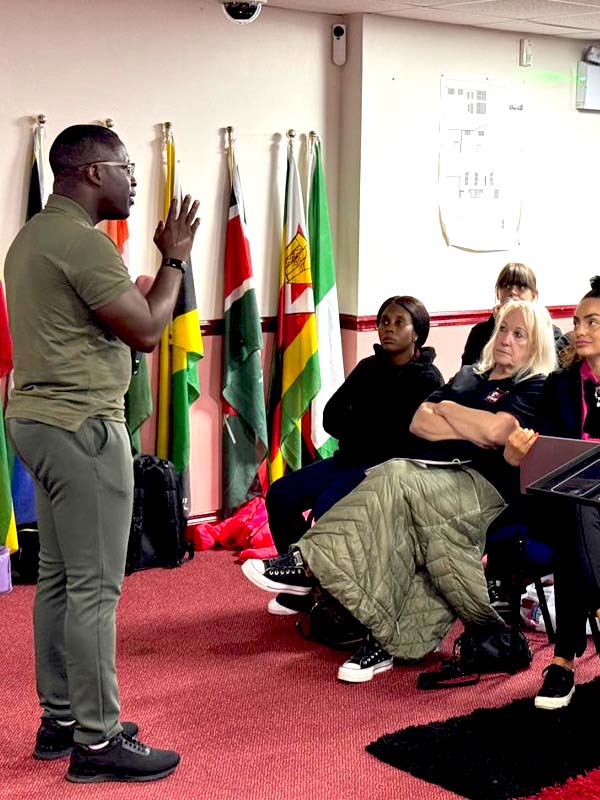



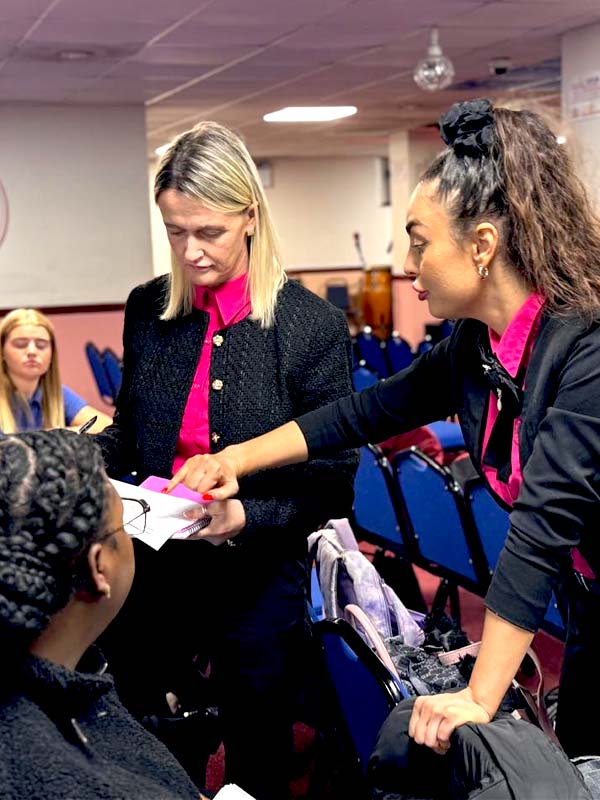

Daily Routines Become Learning Moments
We embed play into every routine—nappy changes, mealtimes, transitions—all become opportunities for song, chat, eye contact, naming objects, or tiny games.
Outdoor & Nature-Based Play
We include shaded garden time, nature walks, treasure baskets outdoors, and tactile play under supervision—to extend children’s sensory experience beyond four walls.
Parent Partnership & Home Connections
We believe learning is shared. We regularly update parents with ideas to continue these interactions at home, and we run sessions and newsletters with simple, evidence-based play ideas.
Alignment with EYFS & Quality Standards
Our play plans align with the EYFS framework. We track and support development in prime areas (communication, physical, personal/emotional) through intentional play.
By doing this, we ensure children in our care are not just watched—they’re engaged, stimulated, nurtured, and growing.
5. Final Thoughts: Small Moments, Big Impact
Interactive play is more than games: it’s the foundation of strong relationships, communication, movement, thinking, and emotional security. You don’t need elaborate toys or schedules—just your tuned-in, loving presence.
At WMB Childcare, we honour that sacred responsibility. Whether your child is with us or at home, we invite you to see life through their eyes—curious, ready, looking for connection. Together, we can make every moment an opportunity to build, bond, and bloom.
✨ Secure Your Child’s Place
Spaces are limited for our new term. Give your child the best possible start in a caring, stimulating environment where their confidence and skills will blossom.
📞 Call us today: 0161 205 9067
📧 Email: info@wmbchildcare.co.uk


